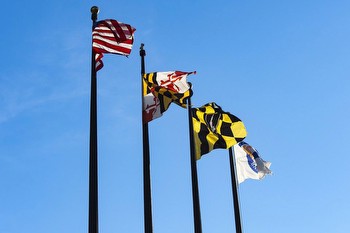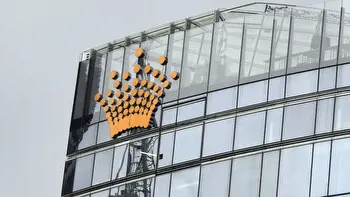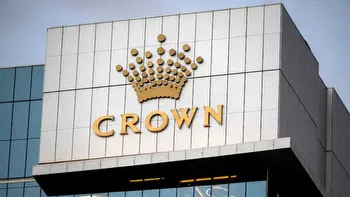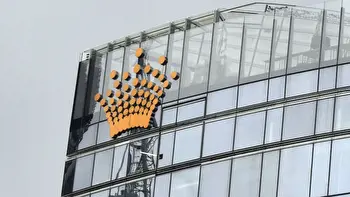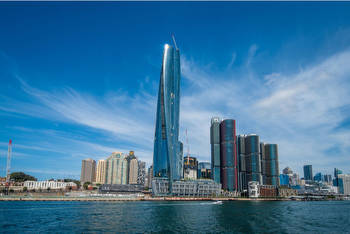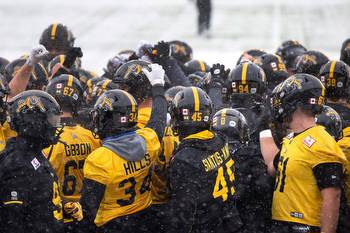Casino investors should share in dirty money risks

The casino licences are immensely valuable – Crown paid Victoria $100 million just to extend its – and the monopoly or near-monopoly underpins their market value. Yet there is no regulatory cliff-edge where the licence will be swiftly removed because of non-compliance. If not in these instances, when could a casino licence conceivably be forfeited for breaches of its conditions? Star’s share price even rose after the Bell report was published on the assumption it’s damning finding would not risk the company’s casino licence. Analysts kept neutral or buy ratings unchanged.
Though Star has been found unfit to run a casino, it is effectively Star which will now repair itself under the guidance of Philip Crawford at the head of the revamped NSW Independent Casino Commission. James Packer was forced to exit Crown as a condition of keeping the licence, but he and other shareholders subsequently cashed in handsomely on the sale to private equity.
Some argue that the jobs of casino workers, and perhaps the tax revenue that casinos generate, are too important to risk by tearing up an operator’s licence. That’s a furphy. Other casino operators – such as the global private equity group Blackstone that is now taking over Crown Resorts and its licence – could step in and keep the gambling and jobs going. Shareholders of the offending casino operator would suffer from the loss of a licence and any other fines imposed. But shareholders in such a heavily-regulated industry as casinos ought to bear some of the risk that their agents – board members and top management – breach their licence requirements.








